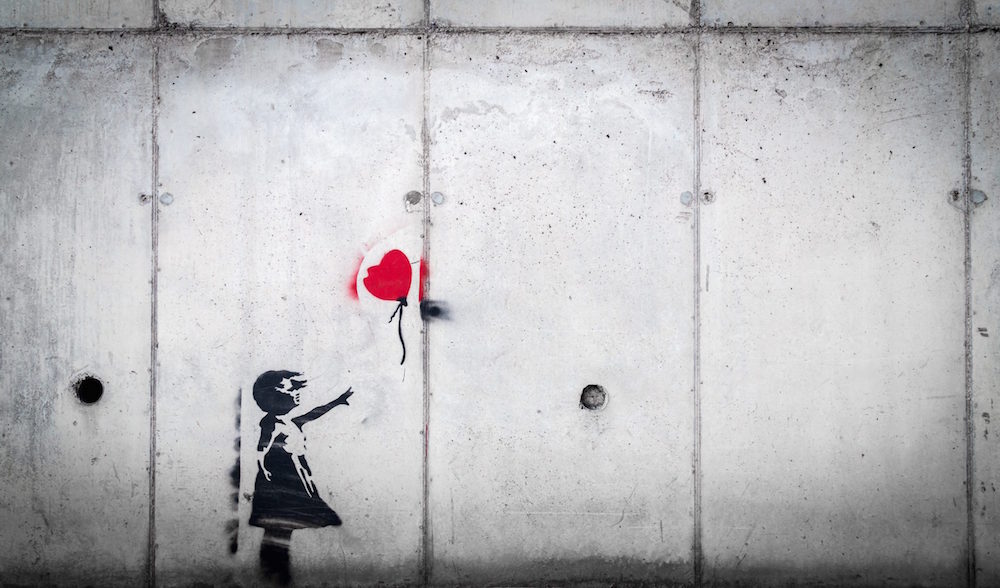The concepts of Grief and Bereavement, while similar in nature, are two very different processes. Grief is the natural process after death or loss that triggers sadness or mourning, while Bereavement is the period of collection in which we respond to our Grief. Grief is not solely the initial response, but a continued process that shows up days, months, or years after the funeral of a loved one. The truth is when you get home, return to life, and try to settle yourself again, that is when Grief begins to take shape, and the process of true Bereavement begins.
Bereavement is a time of transition. It is learning how to live with grief and loss, and not solely trying to push those feelings aside. In this journey, we must take the time to sit with our feelings to truly process and, with time, ultimately make peace with  them. In the bible (Jobs 2:13), Jobs’ friends provide the gift of their presence by sitting with him quietly after much loss. How would life be if we offered this solace to ourselves? But our society does not give us the time for bereavement, to fully go through the process of reconciling and recovering. It is not easy or doable to take time when you are responsible for juggling the care for business, for others, and for self. We instead don’t sit, we push forward, we rush and try to move on before we are ready. This is not a healthy rhythm to recovery, and as a result, grief is ever present in our lives.
them. In the bible (Jobs 2:13), Jobs’ friends provide the gift of their presence by sitting with him quietly after much loss. How would life be if we offered this solace to ourselves? But our society does not give us the time for bereavement, to fully go through the process of reconciling and recovering. It is not easy or doable to take time when you are responsible for juggling the care for business, for others, and for self. We instead don’t sit, we push forward, we rush and try to move on before we are ready. This is not a healthy rhythm to recovery, and as a result, grief is ever present in our lives.
The year 2020 and now 2021 provides the unique opportunity for us to take time to be still and process our collective grief as a Christian Community. For in some way, we are all processing grief. We must create an environment where others can take time to cultivate their own emotional language in the grieving process. The Jewish culture practices Shiva for this particular reason. They supper and sit with others for a period of seven days. They are trained to walk through the steps of grief and support others in their weariness. We must learn how to support each other through grief as a Christian community, to both give us time to grieve and allow others to do the same. As we are learning to transition in bereavement, we must also learn to be present and join in lamenting with others in grief. Even in times of darkness, one must be present without prejudice, prejudgement or presumptions. People need permission to breath in darkness rather than to figure out what to do next. Being present for others can advocate and foster permission for others to have a space to breathe, kick, or scream in the crisis of loss.
Jesus may understand every emotion and handle every facet of our grief, yet people of faith aren’t as permissive. We must remember that humans are not perfect, and therefore we must give each other the grace to fail in their obligations of being present. This is easier said than done; I can admit I don’t trust others because I easily am disheartened when people fail to show up in my times of need. But in terms of patience, strength, time, and trust, grace and forgiveness of both yourself and  others is the only way to get through a crisis, especially as we collectively try to shift through grief, funerals, and the aftermath of unplanned goodbyes. Bereavement calls for discipline, to pay attention, to be present, and to embrace stillness to facilitate our Being. While this discipline applies to our personal emotional state, this discipline also applies to how we react to those around us. And while not perfect, there is a beauty of a community that is willing to develop a structure of strength, safety, and support for grief. Having the discipline to give allowances to others failures will also allow us to forgive ourselves in the process of bereavement.
others is the only way to get through a crisis, especially as we collectively try to shift through grief, funerals, and the aftermath of unplanned goodbyes. Bereavement calls for discipline, to pay attention, to be present, and to embrace stillness to facilitate our Being. While this discipline applies to our personal emotional state, this discipline also applies to how we react to those around us. And while not perfect, there is a beauty of a community that is willing to develop a structure of strength, safety, and support for grief. Having the discipline to give allowances to others failures will also allow us to forgive ourselves in the process of bereavement.
Bereavement is not only about what you have lost; you must also notice and wrestle with what you have gained through the process of loss. And so the question becomes: What does it mean to bereave or cultivate belief in suffering ? What has the loss (es) brought forth? We must remember that suffering is not always a test or a result of something we have done wrong, but a natural part of life’s cycle. Our mission as Christian women, nurturers, and healers should be to Help others see God in suffering. We need to convey the message that God is with you, sees all of your hurt, and will provide purpose and promise even in the pits of darkness. The stages of grief and then bereavement, no matter how painful, is ultimately in God’s plan for our personal growth. It is in suffering that we can find and truly appreciate the joy. It is in the bad that we can acknowledge and cultivate the good in our lives, and thus work towards emotional and spiritual prosperity.




Wow, amazing blog layout! How long have you been blogging for? you make blogging look easy. The overall look of your site is wonderful, as well as the content!| Evy Lemar Godrich
Great info it is without doubt. My friend has been awaiting for this tips. Elnore Allan Colvert
Having read this I believed it was really enlightening. I appreciate you spending some time and energy to put this informative article together. I once again find myself spending way too much time both reading and posting comments. But so what, it was still worthwhile! Minerva Eb Tonia